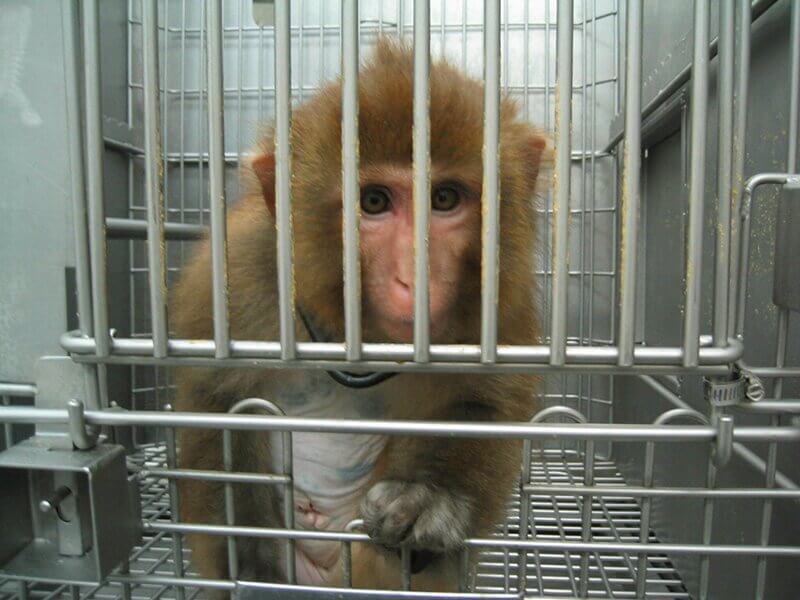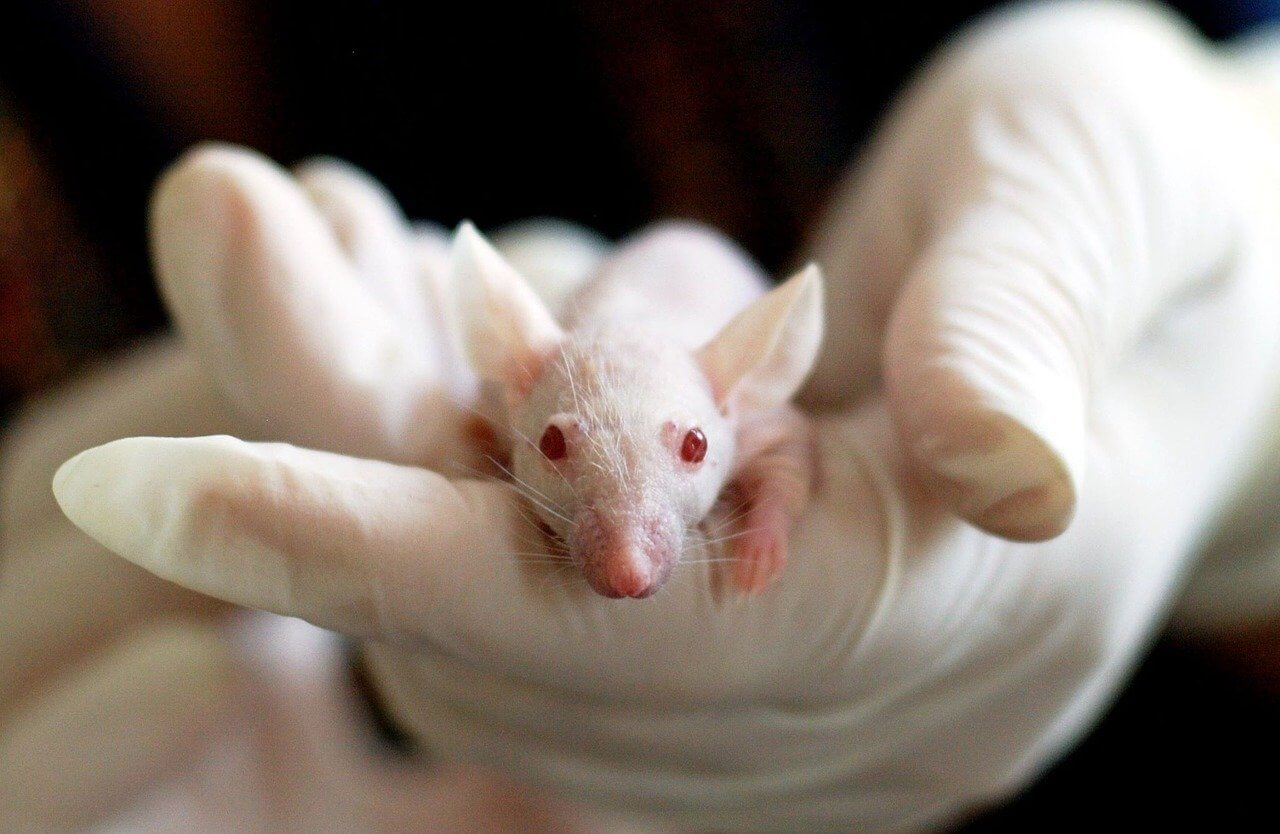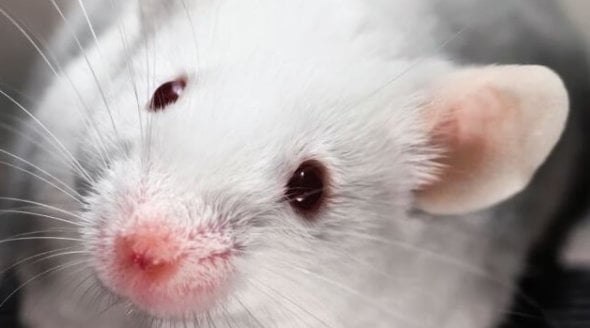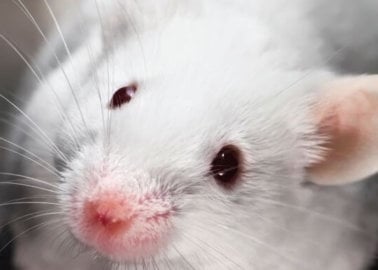Still Almost a Half Million Experiments on Animals in Dutch Laboratories
A new report released by the Dutch government this week shows that the number of procedures performed on animals in laboratories in the Netherlands is stagnating. In 2019, 448,656 procedures were performed on animals, after which the vast majority of them were killed – a small increase of 257 compared to the previous year.
The Dutch government announced its ambition to be a forerunner in animal-free innovation back in 2016. Unfortunately, this goal and the great initiatives that have started to accelerate progress within the context of the Transition Programme for Innovation Without the Use of Animals have not yet resulted in sparing animals’ lives. It’s past time for the scientific community to get behind the transition and put words into action. PETA urges the Dutch government to accelerate funding initiatives, immediately end animal experiments already proven to have poor translational value, and work with all scientists in the country to embrace and further develop reliable, human-relevant, non-animal methods.
There’s a huge body of evidence that the results of tests on animals are, at best, a very poor approximation of what might happen in humans – or, at worst, dangerously misleading. This is because of fundamental biological differences between humans and other animals and the extreme fear and stress that animals in laboratories experience, which further invalidate the translation of results from animals to humans.
Most Animals Weren’t Even ‘Used’ by Experimenters
This isn’t even the full heartbreaking story. A staggering 329,105 animals languished in cages without being used for breeding or procedures before eventually dying or being killed. This is another unacceptable increase – of 5,261 animals – compared to the year before.
The minister of agriculture, nature, and food quality, Carola Schouten, is responsible for animal welfare in the Netherlands. She said that this number gives her an “uneasy feeling” because it represents “living beings with feelings and intrinsic value”. We couldn’t agree more.
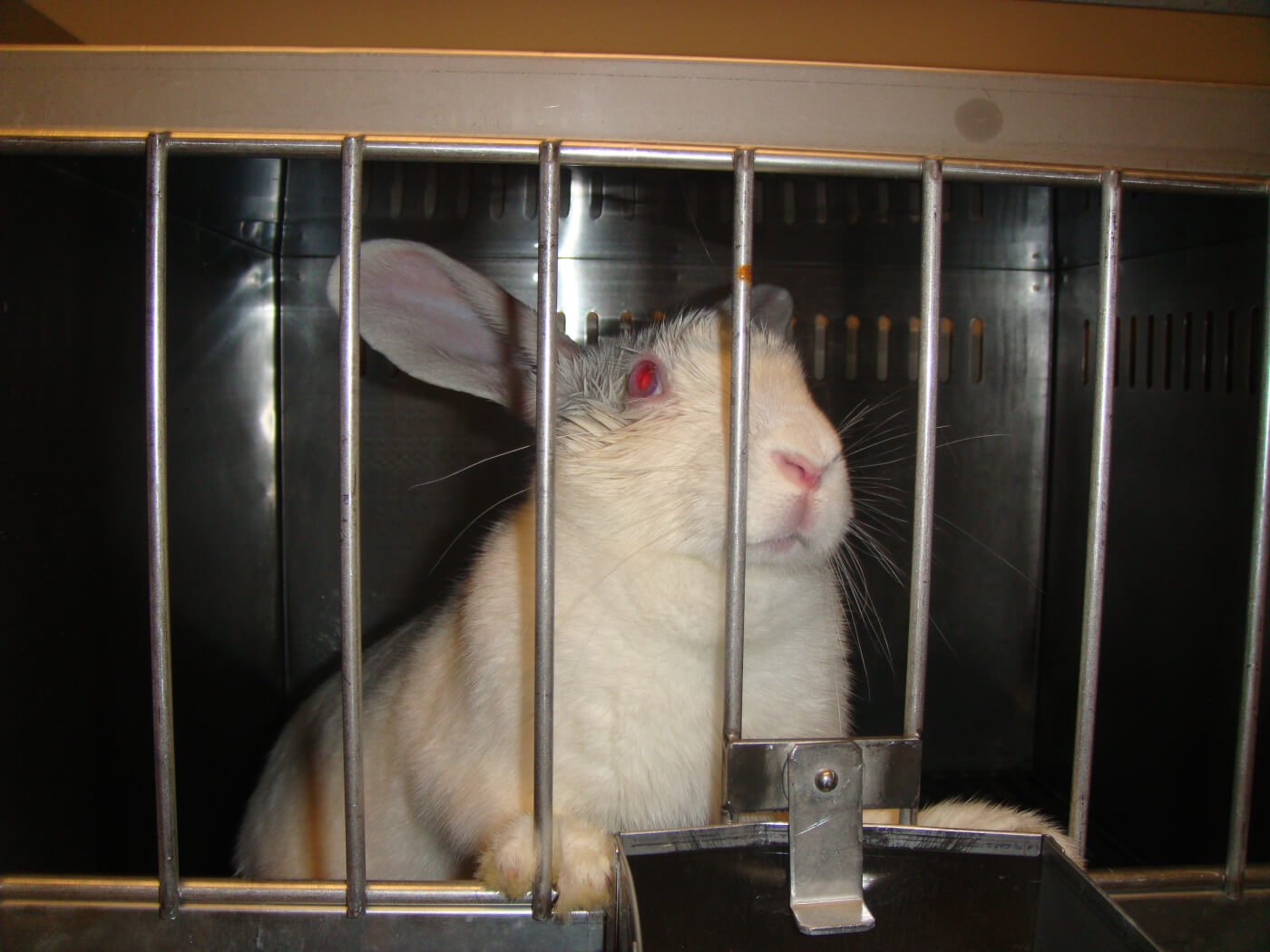
Data of Three out of Four Animals Used in Experiments Not Reported On in Literature
A first-of-its-kind study in the Netherlands found that only one out of four animals used in experiments ended up being mentioned in a scientific paper. The study analysed the use of more than 5,500 animals in biomedical experiments over a two-year period at one Dutch university. The researchers believe the pattern could be similar at institutions all over the world. This means that the data gathered from three out of four animals used in experiments are so futile that the experimenters or scientific journals don’t even make the effort to publish them – further calling into question why the experiments were conducted in the first place.
We already know that fewer than 10% of highly promising basic research findings become routinely used treatments within 20 years and that animal experimentation is implicated as a serious problem area.
We urgently need to move away from wasteful experiments on animals towards human-relevant, animal-free methods, such as sophisticated computer models and research methods using human cells and tissues, which will save money as well as the lives of humans and other animals.
It’s Time for the Research Modernisation Deal!
The current stagnation in transitioning to animal-free science can only be overcome by means of a dramatic paradigm shift by the scientific community.
PETA’s Research Modernisation Deal maps out a strategy for replacing the use of animals in biomedical research and regulatory testing. With greater investment in animal-free methods, scientists would be able to develop better treatments for human diseases as well as more reliable methods for toxicity assessment.
Finally – and crucially – this would help end the almost unimaginable suffering of millions of mice, rats, dogs, primates, rabbits, fish, and other animals.
Please sign our petition urging the UK government to end experiments on animals:
And if you live in the Netherlands, please also sign here to support the Dutch Research Modernisation Deal.

